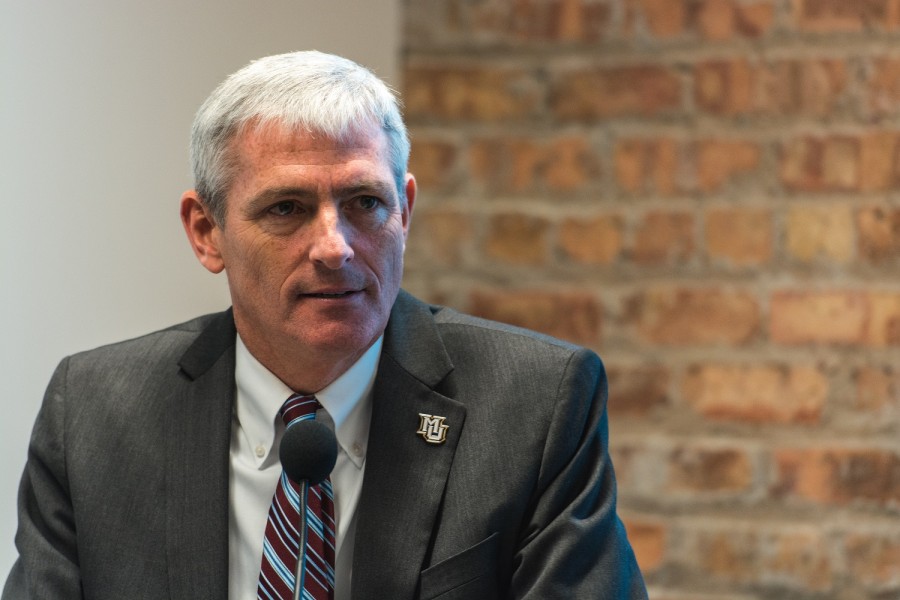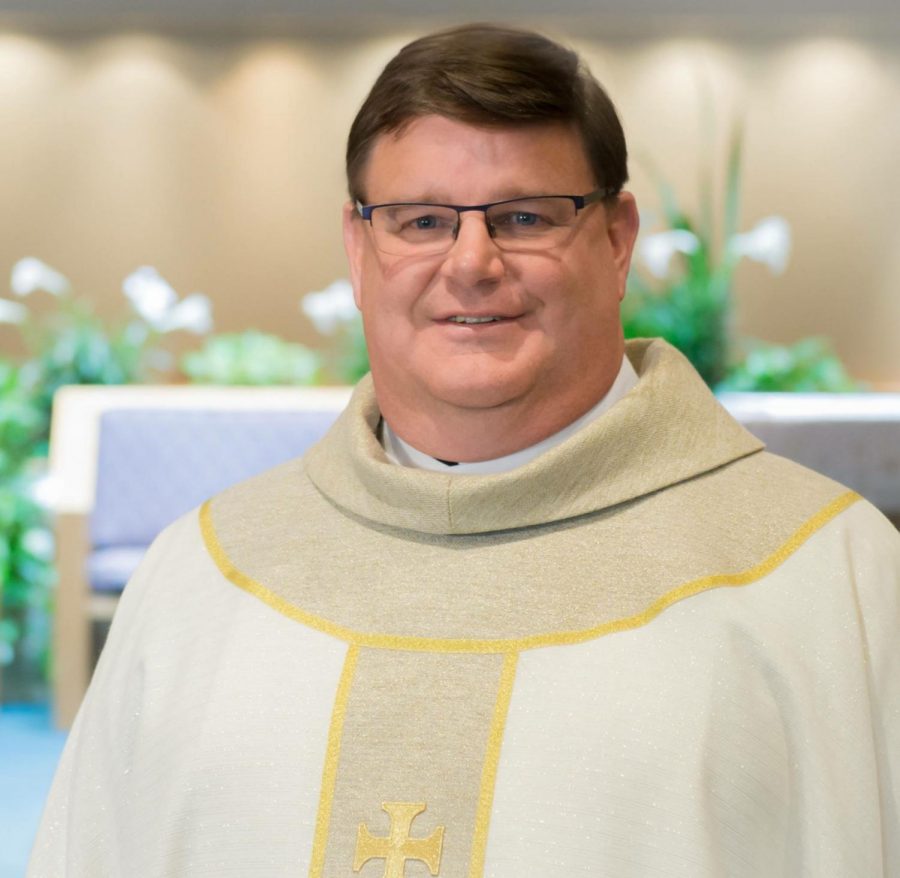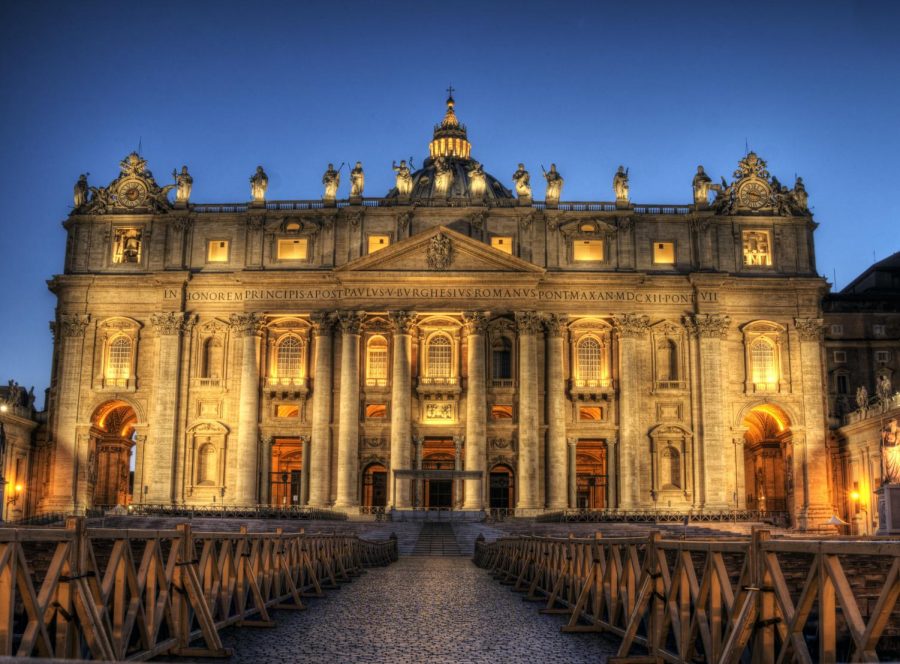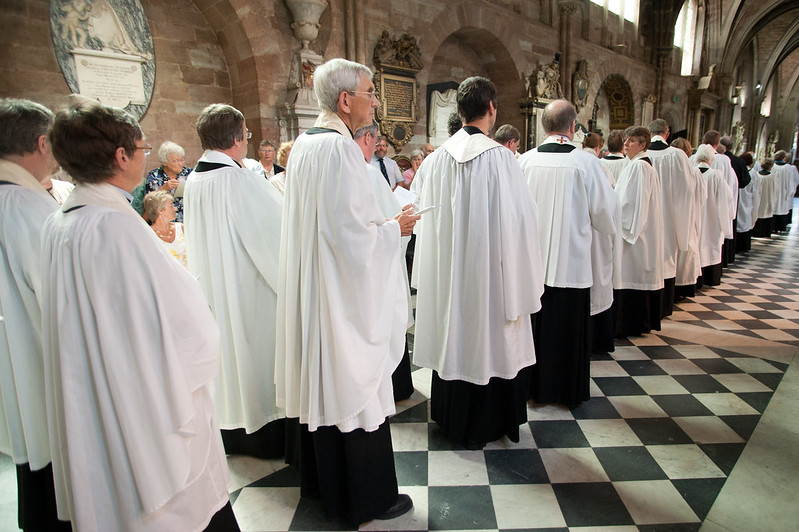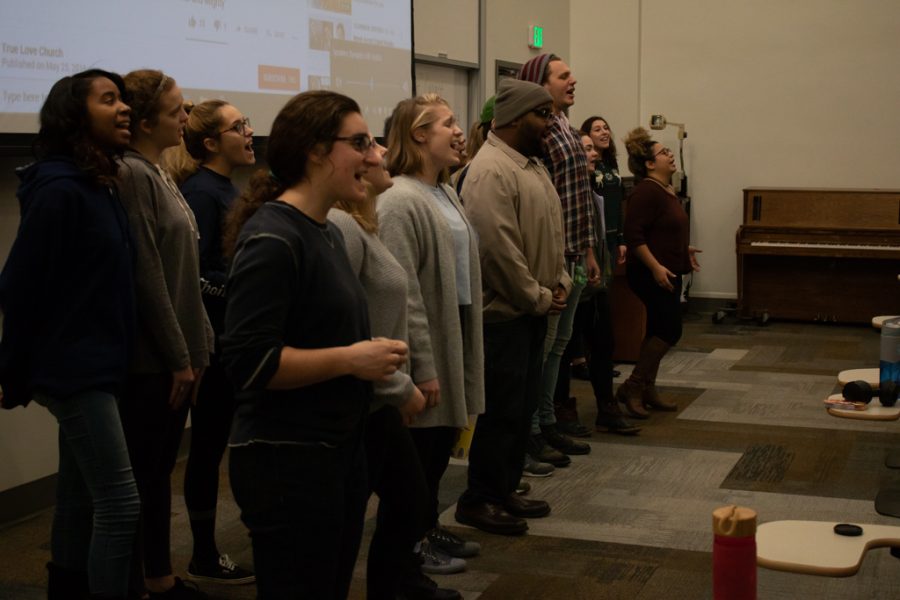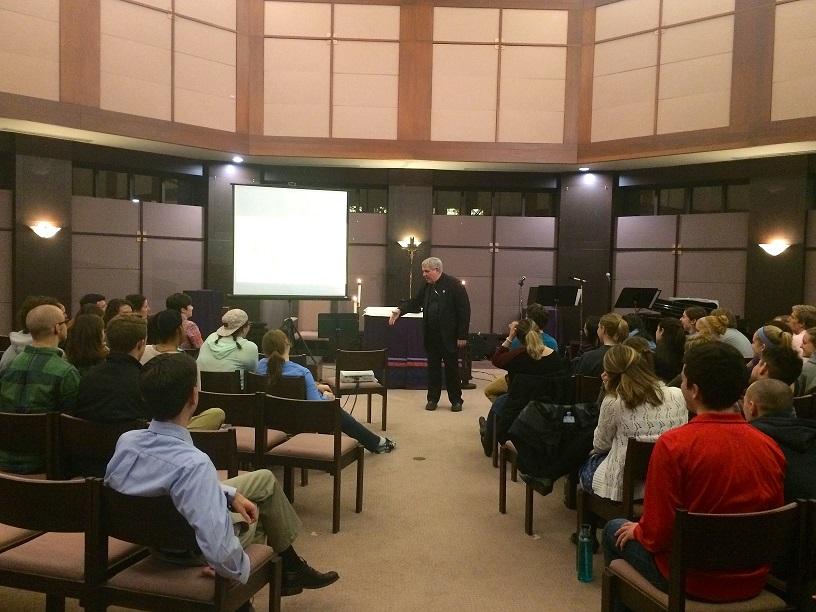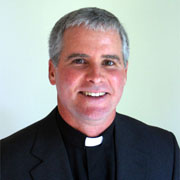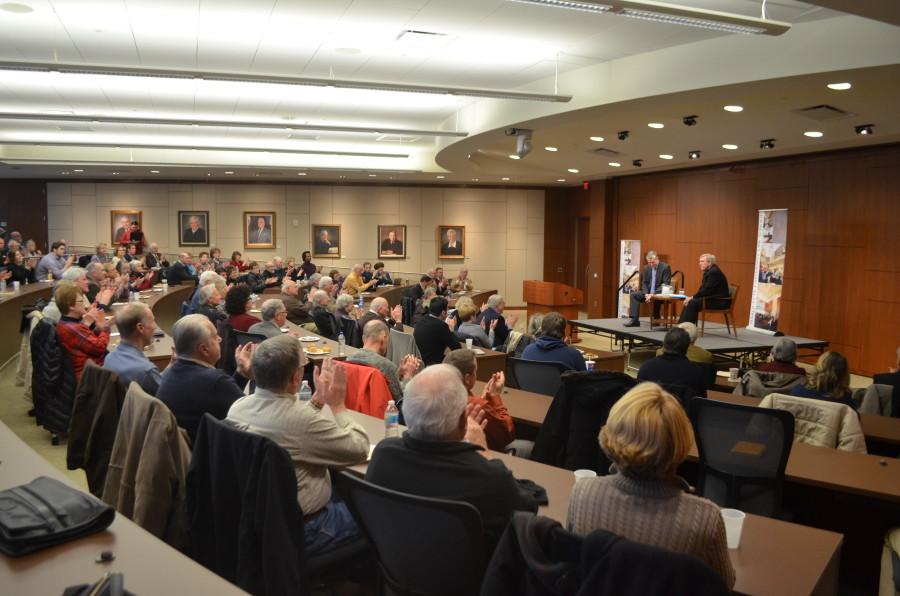
On January 4, 2010, Jerome Listecki was installed as the 11th Archbishop of Milwaukee. In an exclusive interview with the Tribune at Christ King Parish in Wauwatosa last week, Listecki discussed his goals as archbishop, the Milwaukee community and the church’s role in public affairs.
Q: What would you like to accomplish in Milwaukee in regards to expanding the church?
A: “Well, I don’t know if it’s exactly expanding the church. What I’d like to accomplish — what’s the task of every bishop — is to help and direct his people and his priests grow in holiness. If you take a look at the Vatican II documents, one of the common vocations we all have — no matter what walk in life — is holiness and the idea to help people grow closer to the Lord and to help people grow closer to their faith. If I could accomplish that in any small way I would consider that a great success.”
Q: How would you like to accomplish that?
A: “I think one of the ways is to get people excited about faith and their religion again. For me, it’s an aspect which is so essential to life that when people don’t pay attention to it, they are blind to a part of their life, which really is a great source of strength for them.”
Q: What is the importance of having Marquette — a major Catholic university — within the city?
A: “The great resources of a university are at least present for the entire community and the culture. And my sense would be that Marquette be truly a Catholic university, it understands what it contributes to the culture as it helps to define and take its Catholicism into the society and to help others through the disciplines that it teaches.”
Q: Regarding some of the problems the church is currently facing, within Milwaukee and also around the country, how will you work within the Milwaukee community, which you described as “a mosaic of cultural diversity”?
A: “Yes, that’s exactly what it is — when you celebrate diversity, you have to celebrate it as you embrace it for its own uniqueness. You don’t try to change it and say, ‘I want it to be like this.’ What you do is say, ‘This is what makes this culture unique, what makes this culture a wonderful expression of the faith.’ So the idea is to see our unity in and through our diversity, to have our faith join us together, but to be able to celebrate the uniqueness that we have. You talk in terms of the problems. I don’t think any people of faith can approach a problem without understanding that it’s their faith that drives them. If we think we can do it on our own, then we’re gonna basically be lost and still be struggling with the same problem. If we lock our arms together with the confidence that God’s going to direct us, well then we might just accomplish a few things.”
Q: The United States Council of Catholic Bishops declares stances on many current issues. How do you see both your role and the church’s role in the political and legislative process?
A: “I see ours as contributory. … The bishops basically evoke principles. … When the bishops are there on principle, they’re saying to legislators not exactly, ‘This is what you should do,’ but ‘What you need to incorporate’ in order to get it right.”


